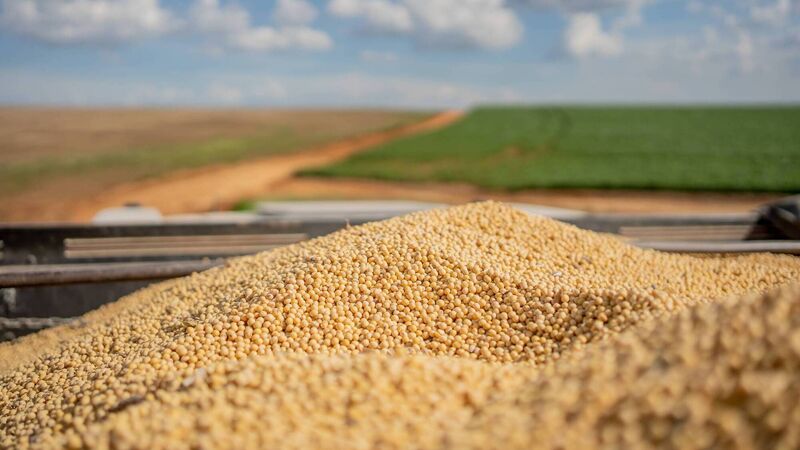Livestock sector faces €1.5bn hit from rising soya prices

The European Feed Manufacturers' Federation, has warned more expensive soya may cost the EU livestock sector up to €1.5bn annually.
Soya prices surged in the EU in late October, to €393 from €330-345/t, a 9%-14% gain in a week.
FEFAC, the European Feed Manufacturers' Federation, has warned more expensive soya may cost the EU livestock sector up to €1.5bn annually.











